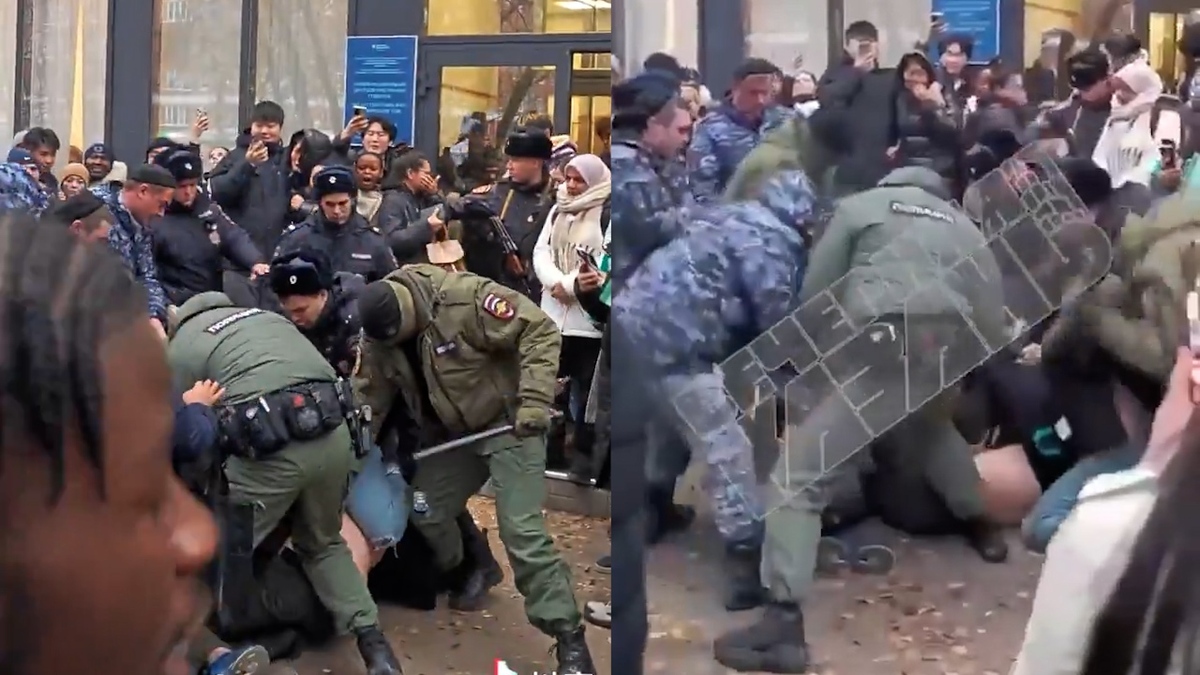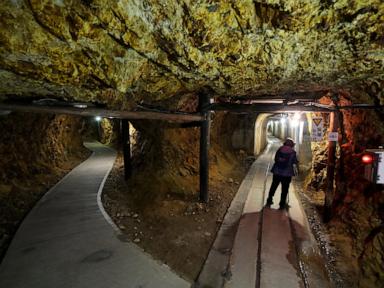ARTICLE AD BOX

Anti-corruption crusader Bernardo Arevalo was sworn in as Guatemala's president in the early hours of Monday after a chaotic inauguration that was delayed for hours by a last-ditch attempt by Congress opponents to weaken his authority.
The latest in a series of legislative setbacks triggered by opponents underscored the challenges Arevalo faces as leader of Central America's most populous nation, to which he has pledged to bring sweeping reforms and tackle the rising cost of living and violence, key drivers of migration to the United States.
Arevalo won August elections by a landslide and about 9 hours after his inauguration was scheduled to start, he took the oath as president, replacing conservative politician Alejandro Giammattei whose government has been engulfed in corruption scandals.
Giammattei skipped the ceremony.
Earlier, Arevalo had urged his supporters to throng the capital's emblematic Plaza de la Constitucion to "celebrate the new spring in Guatemala".
Arevalo's unexpected election victory was seen as a watershed moment for Guatemala, where the 65-year-old has cast himself as a democracy advocate and the leader of a progressive movement bent on reshaping a political landscape long dominated by conservative parties.
A career diplomat, sociologist and son of a former president, Arevalo has faced steady opposition from established political parties such as those of Giammettei, whose allies have repeatedly tried to undermine his election victory.
Guatemala's attorney general, an ally of Giammattei, has made several attempts to hinder Arevalo's transition to the presidency, including trying to strip Arevalo and his vice president of legal immunity, attempting to suspend his Semilla party and annul the election.
The attorney general's office has defended its actions as within the framework of Guatemala's laws.
Arevalo's inauguration was thrown into disarray after the Supreme Court allowed opposition lawmakers to maintain their leadership of Congress, and forced members of the president's Semilla party to stand as independents, further diluting its presence. Semilla holds only 23 of the 160 seats in Congress.
The move sparked wrangling in Congress, and supporters of Arevalo threatened to storm the building as police in riot gear amassed in the streets.
The United States and several Latin American countries also called for Arevalo's election win to be respected.
Arevalo's authority, however, got a boost after prominent Semilla lawmaker, Samuel Perez Alvarez, was unexpectedly elected as the Congress president.
The international community, including the United States, had piled vast pressure on Giammattei's administration to proceed with the transition of power.
(Reuters)
.png)
 10 months ago
4
10 months ago
4








 English (US)
English (US)